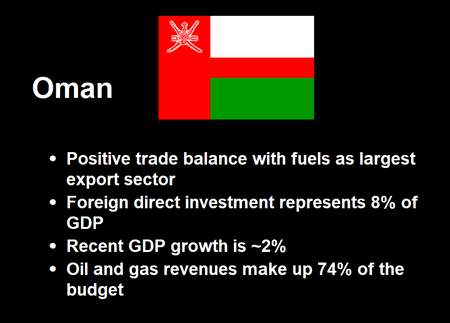Oman’s New Sultan: Economist
Although Haitham bin Tariq’s accession to the position of Oman’s sultan, while surprising, went out with a hitch. Haitham plans to continue down the path laid down by the late Qaboos bin Said. In 1970, backed by the British, Qaboos took the throne from his reclusive father and charted a course towards steady development. As a recent article for the Economist notes, “though it is not as oil rich as its neighbors, in 2010 Oman was ranked by the UN as the country that had developed most over the previous 40 years, ahead even of China.” Moreover, Qaboos had also crafted a different foreign policy: “fond of Britain, willing to host Israeli prime ministers, but also happy to meet Iranian ayatollahs and Chinese businessmen.” While Oman’s foreign policy is unlikely to change, outside pressures and economic issues may result in challenges for the incoming sultan. Gulf states such as Saudi Arabia and the UAE did not appreciate Qaboos’s neutrality with regard to the war in Yemen nor his relationship with Iran. In addition, according to the World Bank, youth unemployment is at 49 percent while foreign direct investment mostly focuses on oil and gas. – YaleGlobal
Oman’s New Sultan: Economist
Oman’s incoming sultan urged to follow predecessor’s path and address economic challenges, including high unemployment and an economy focused on fossil fuel
Monday, February 17, 2020
Read the article from the Economist about the political transition in Oman.

The Economist
Copyright The Economist Newspaper Limited 2020